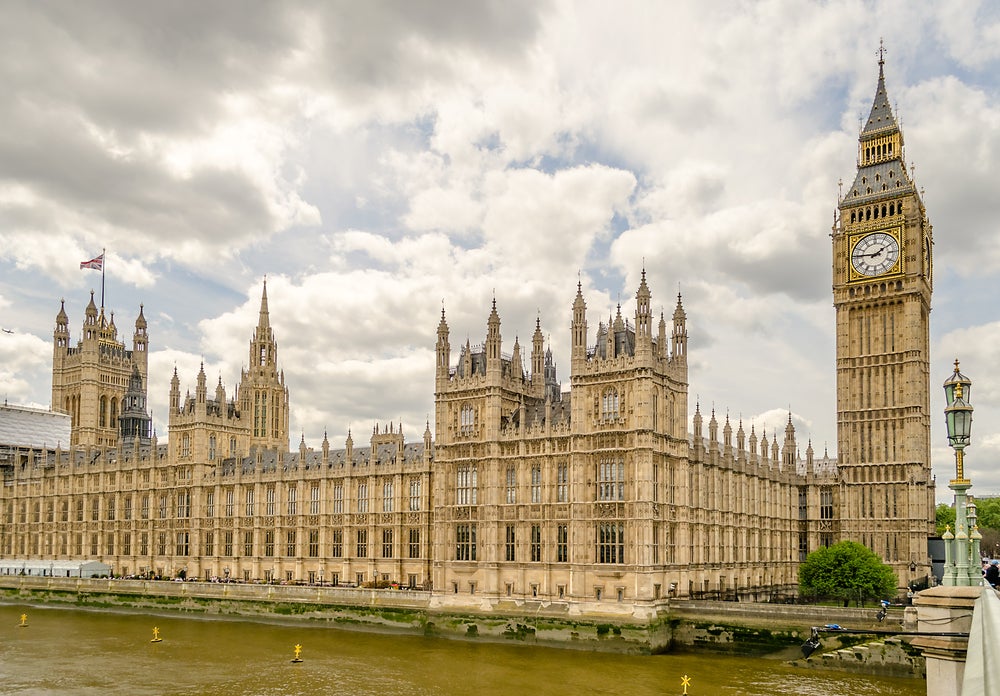
Four years after publication of the Leveson report Press Gazette readers could be forgiven for turning away from yet another article about press regulation.
But please hear me out, because new proposals by the current Government to impose ‘the full Leveson’ could have a serious impact on all journalists working today on “news-related material” (as the legislation puts it).
The Government is currently consulting on whether to commence the Crime and Courts Act 2013.
This would mean that the vast majority of publishers who are not members of a Royal Charter-recognised press regulator would face paying both sides’ costs in libel and privacy claims even if they win them.
If this law had been in place a few a years’ ago, Press Gazette might not be here. We were sued for £50,000 by a newspaper proprietor with a reputation for belligerence. Fortunately, we have a supportive owner who was willing – if necessary – to take the case all the way.
As the claimant only had a slender chance of winning in court they agreed instead to a (pragmatic for us) correction and apology.
Under the Crime and Courts Act we would have simply had to pay up £50,000, or maybe even £100,000, rather than go to court, and face paying a far bigger sum in legal costs for both sides (win or lose). I am not sure that any owner would keep a business like Press Gazette going in the face of such liabilities.
The alternative would be to sign up to Royal Charter-backed press regulator Impress (or persuade IPSO, which regulates Press Gazette, to adopt the Royal Charter).
The key challenge with this is that to be Royal Charter-compliant a regulator has to offer libel and privacy disputes arbitration which is free for complainants.
To take the Impress arbitration scheme as an example, that means that publishers face paying the arbitrators’ fees for any claim (up to £3,500) as well as the cost of their own legal representation.
The publisher could also have to pay the claimants’ legal costs, of up to £3,000.
The fear is that by making litigation easy and risk-free for claimants arbitration claims could become common for relatively minor transgressions. Again, just the odd payout of £10,000 would be crippling for smaller news organisations.
All this extra regulatory burden is being proposed for professional news organisations at a time when the Government is doing precisely nothing about the threat which new media giants like Google and Facebook present to our very existence.
Last year just over £20bn was spent on advertising in the UK, of which £8.6bn went to the internet (so mainly Google and Facebook). Some £2.4bn went to national and regional newspapers and their websites (a share which is decreasing).
These giant web platforms distribute porn, hate-speech, fake news and other peoples’ copyrighted content with impunity – while gratefully pocketing advertising which previously went to the creators of professionally-produced journalism.
Meanwhile, some in our declining newspaper industry face being regulated out of existence.
The Government is no-doubt being deluged with responses to its consultation on Section 40 orchestrated by campaign group Hacked Off.
There are thousands who will see this as a chance to deal a blow to the power of the likes of The Sun and the Daily Mail who they blame (with some justification) for the EU referendum result.
Commencing Section 40 won’t make a jot of difference to biased reporting, or the political views expressed in some newspapers – both of which are beyond the remit of any press regulator in a democracy.
But it may well have a damaging impact on the vast majority of news organisations who do their best to make sense of the world and hold power to account in the face of massive economic and technological challenges.
The big news organisations will currently be compiling comprehensive responses to the consultation, which the Government will file under ‘turkeys not voting for Christmas’.
To balance this debate ordinary journalists and smaller publishers need to ensure their voices are heard too.
Please submit your comments to the Section 40 consultation before the deadline of 10 January (for details here).
Email pged@pressgazette.co.uk to point out mistakes, provide story tips or send in a letter for publication on our "Letters Page" blog
